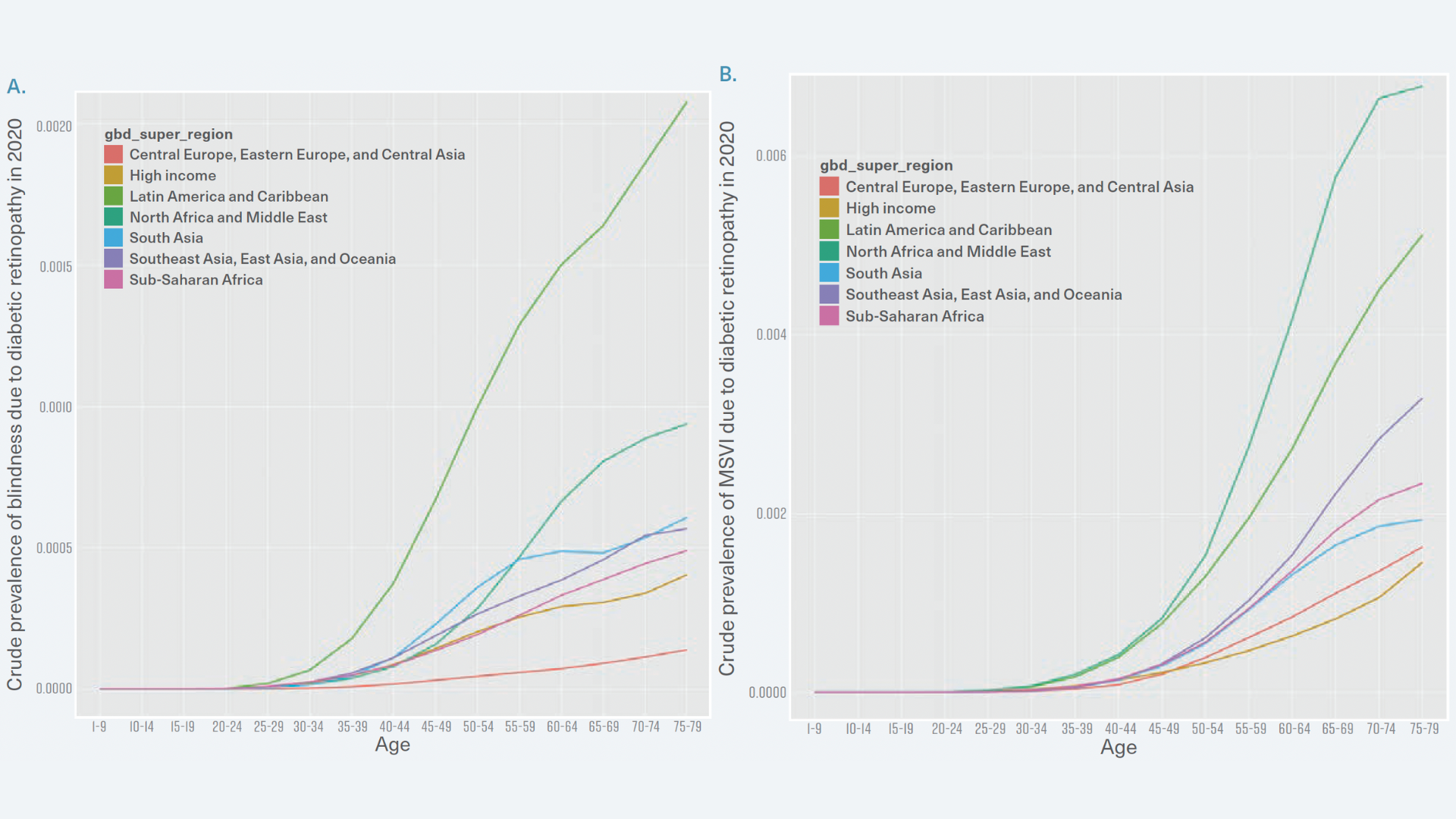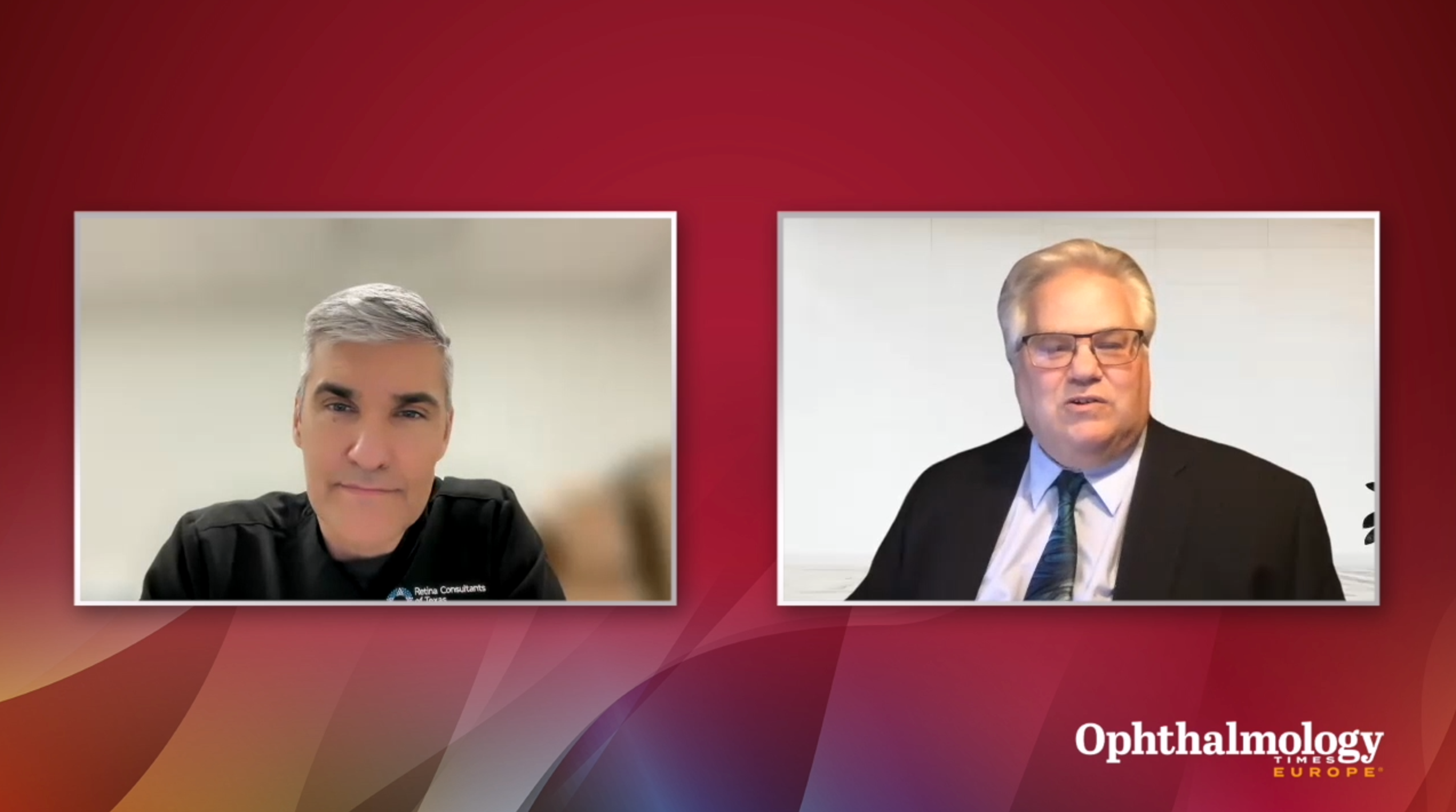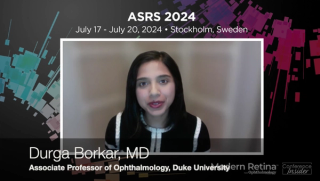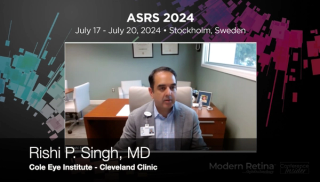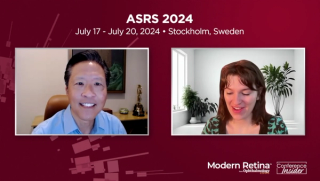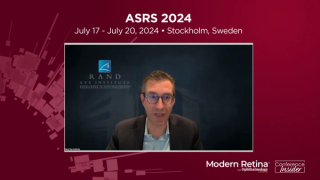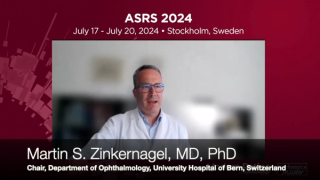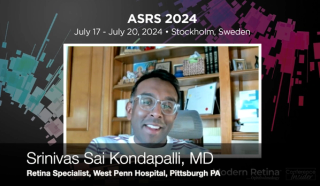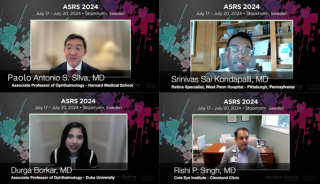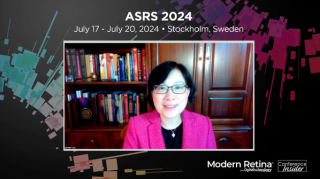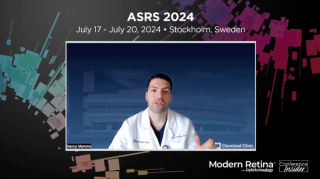
Retina
Latest News
Latest Videos

CME Content
More News

EAB members from Ophthalmology Times Europe, Ophthalmology Times and Modern Retina are presenting in Florence

Breakthrough technologies are raising the ceiling for functional visual outcomes

What to expect from 4 days in the Fortezza de Basso
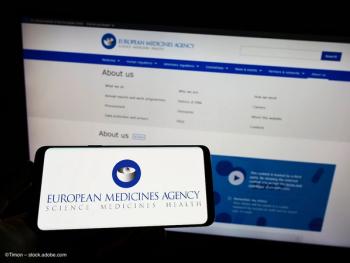
OCU410ST is indicated for the treatment of ABCA4-associated retinopathies including Stargardt disease, retinitis pigmentosa and cone-rod dystrophy 3 (CORD3)

ARVN001 is indicated for the treatment of uveitic macular oedema and certain other ophthalmic indications

OPUVIZ, previously known as the biosimilar candidate SB15, has been approved for the treatment of nAMD, DME and other retinal diseases

CHMP issues positive opinion for marketing authorisation of aflibercept biosimilar FYB203 (Formycon)
The positive opinion marks a key regulatory step towards the approval of FYB203, which will go by the trade names AHZANTIVE and Baiama in the European Union

The CRL comes in response to a supplemental New Drug Application for Izervay, a treatment for geographic atrophy secondary to age-related macular degeneration
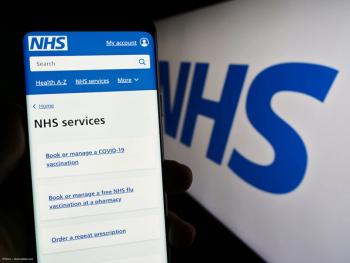
Optical coherence tomography will be in all eye care services by October 2025
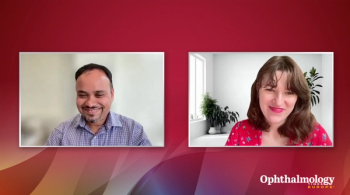
Arun Upadhyay, PhD, discusses new study findings from trials of OCU400 (Ocugen)
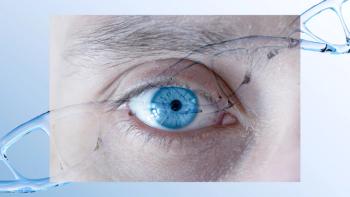
HG202, by HuidaGene Therapeutics, is formulated for clinical use in treating neovascular age-related macular degeneration

New analysis brings disease progression and therapeutics into focus
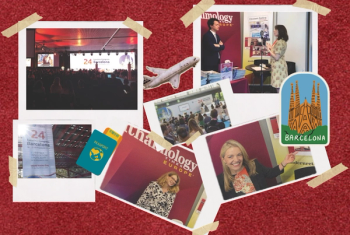
This year’s Barcelona meeting brought together award-winning research data and leaders in the retina field

Caffeine has been shown to temporarily increase intraocular pressure and reduce blood flow in critical ocular regions

New investment from Sanoptis will support Ikerian technology for large-scale, AI-enabled data management

The company also announced it will seek a strategic partner to continue development of APX3330, an oral small-molecule inhibitor of Ref-1 for the treatment of non-proliferative diabetic retinopathy.
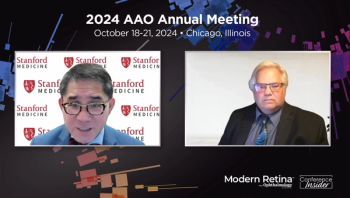
A novel oral therapeutic showed promising results in a Phase 2 study involving 13 subjects

How robotics and gene therapies are shaping retina research, now and in the days to come

The research findings highlighted a new therapeutic avenue in ocular and neurodegenerative disease

Investigators studied global-flash multifocal electroretinogram responses

A different approach better serves patients with diabetic retinopathy

Dr Yorston delivered the Gisbert Richard Lecture at this year's EURETINA Congress
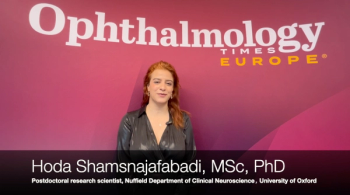
The e-poster came in 2nd place for the August Deutman award at the EURETINA Congress
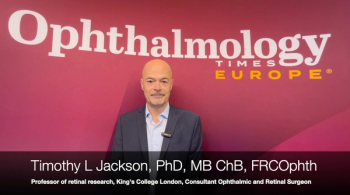
Timothy L Jackson PhD, MB ChB, FRCOphth, speaks about a combination therapy for VEGF-A/C/D inhibition with sozinibercept and ranibizumab

Carl Awh, MD, FASRS, spoke the value of the international community of retina clinicians connecting at global meetings


